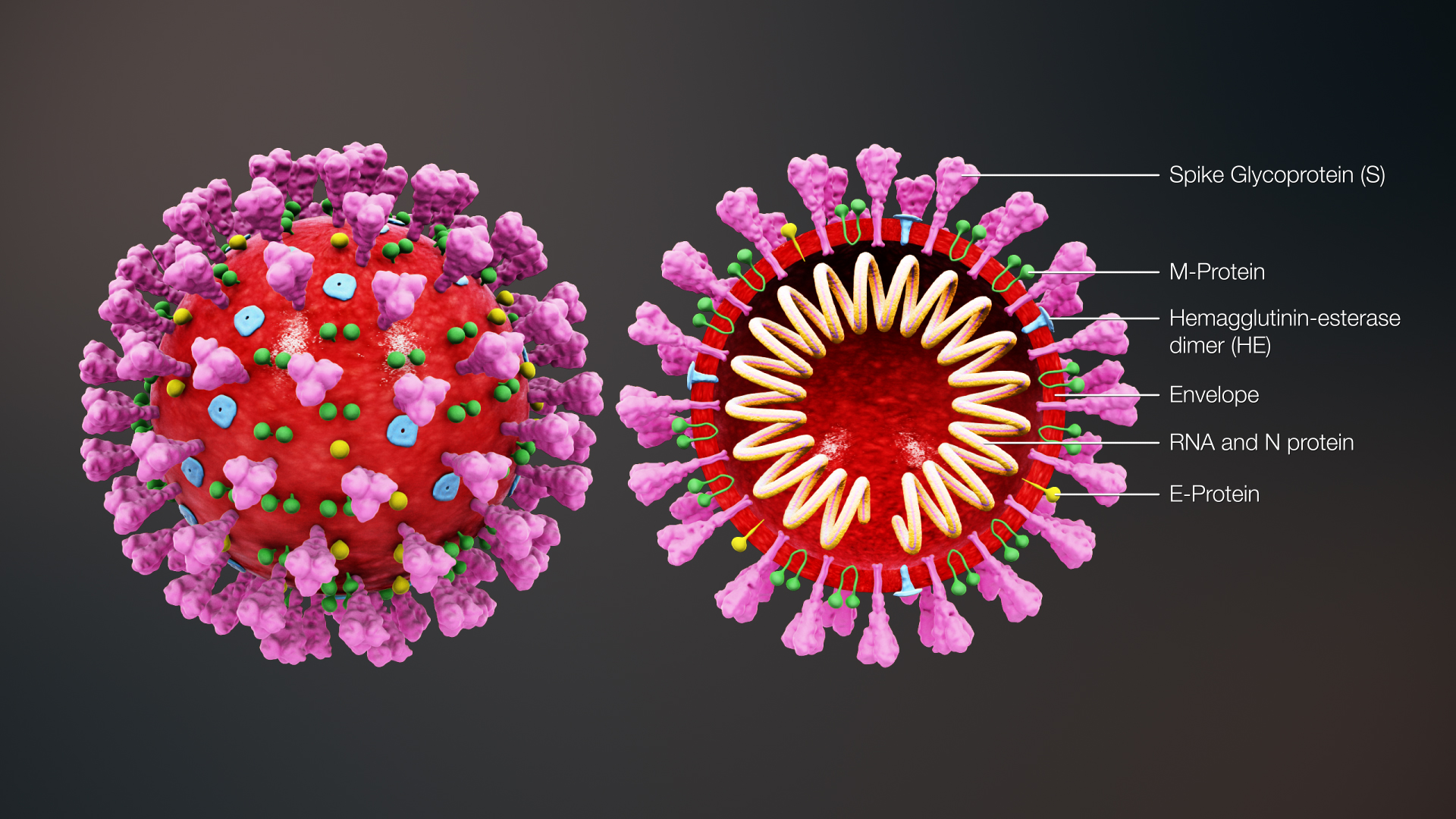The symptoms of menopause can vary from hot flashes to bloating to a feeling of irritability. You might experience headaches, nausea, or night sweats. Changing your diet can help address these symptoms of menopause. By choosing the right foods and avoiding others, you can ease some of the discomfort that accompanies this life change.
Fruits and vegetables rich in the chemicals boron and phytoestrogen, such as plums, strawberries, apples, tomatoes, pears, grapes, oranges, grapefruit, asparagus, broccoli, cabbage, carrots, lettuce, turnips, and sweet potatoes, will help your body by tricking it into thinking it has more estrogen than it actually does, while also holding onto as much estrogen as it can.
Soy products can lower bad cholesterol and may provide some relief from hot flashes. Try tofu instead of meat, miso soup, or soy milk and beans. For other protein, try fish, which is high in omega-3 fatty acids. You can also use olive oil and canola oil as a substitute for butter to keep healthy fats in your diet.
In addition to trying new foods, you should avoid foods that can trigger menopause symptoms. Fatty foods and simple carbs like sugar can be a detriment to your health, along with caffeinated and alcoholic beverages. Eliminating them will allow you to feel healthier, ease your discomfort, and provide balance to your body’s chemistry, which is essential for the post-menopausal woman.
Eliminating menopause triggers from your diet and adding more produce and soy can help make the symptoms of menopause more manageable.







